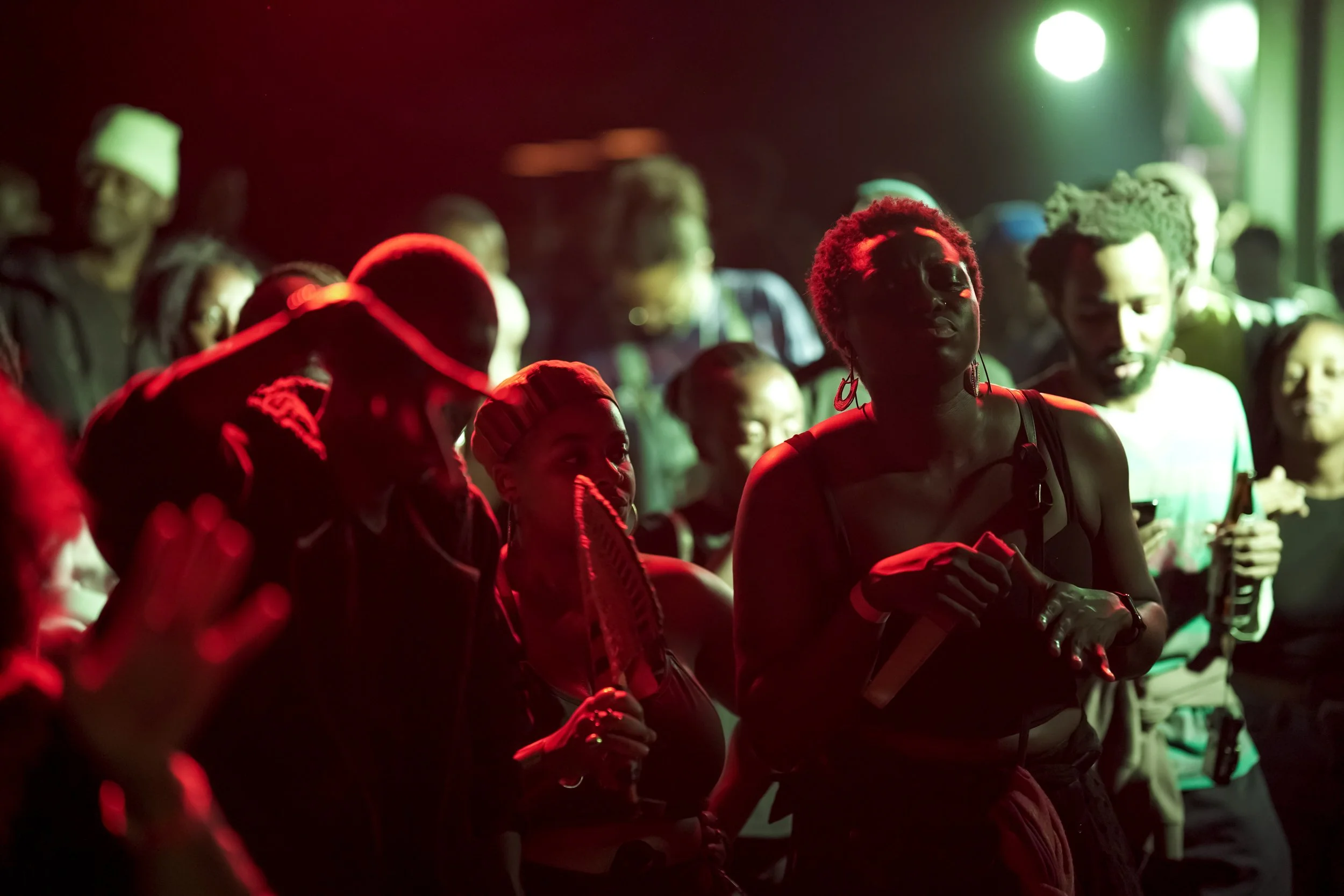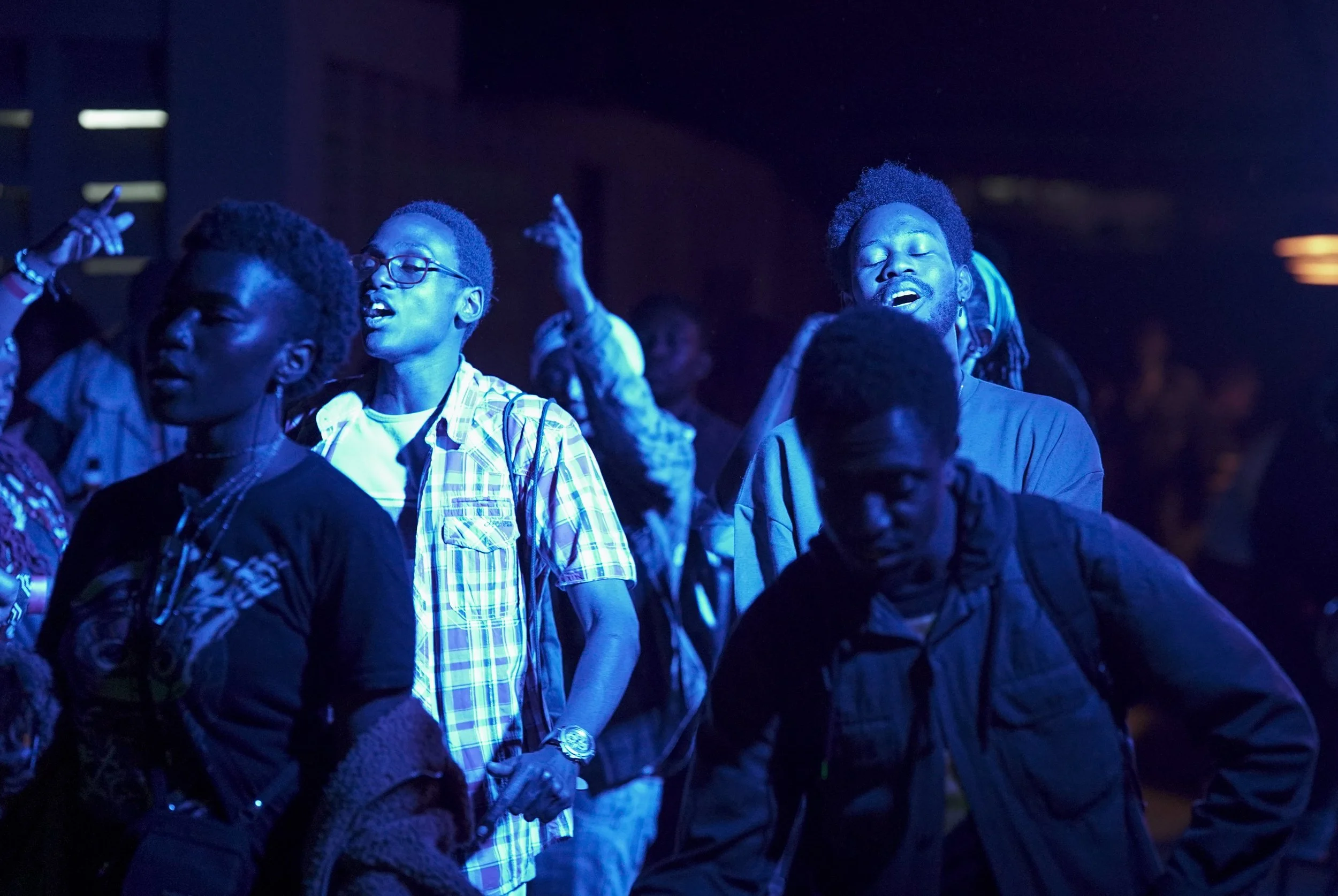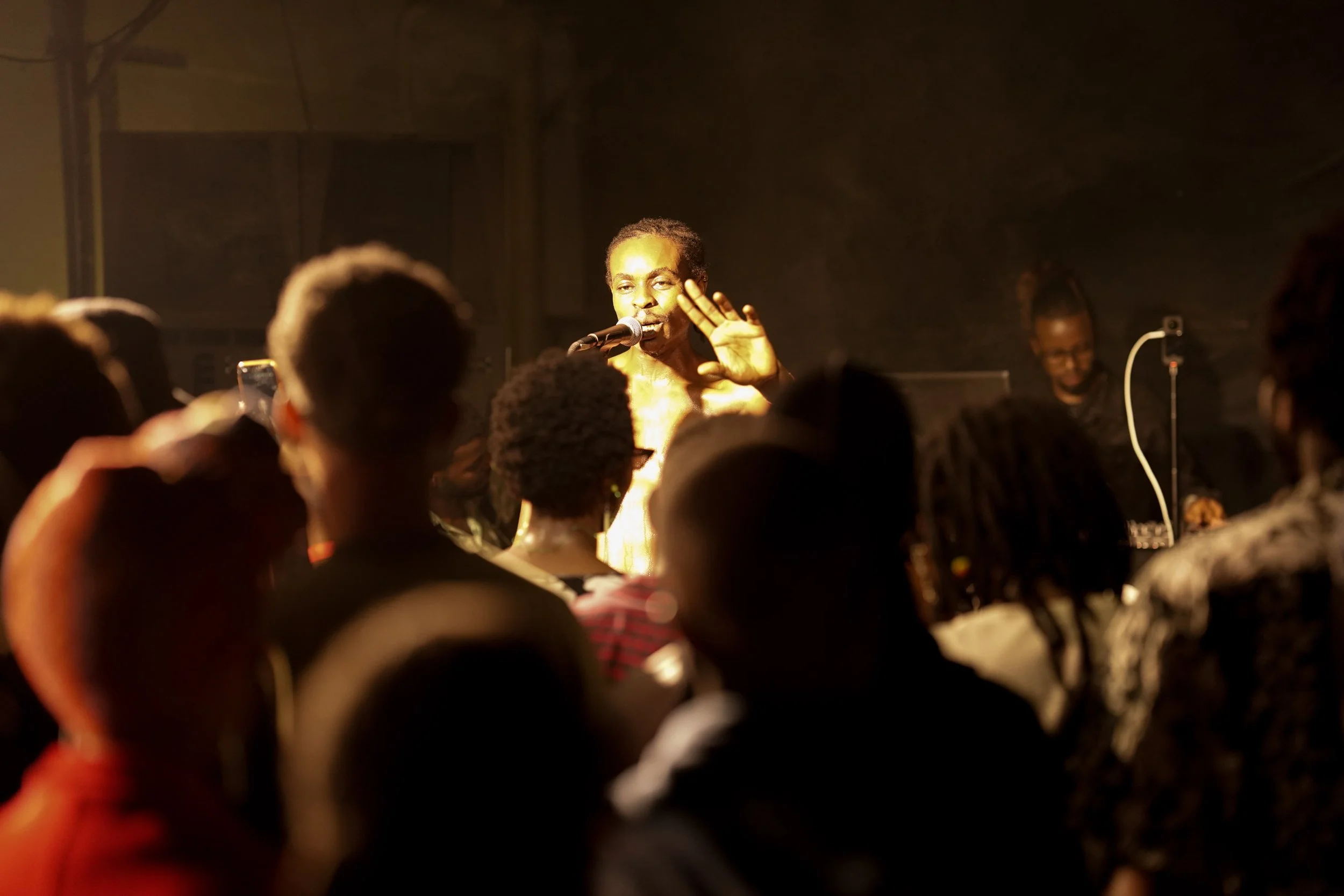SANTURI EAST AFRICA IS ONE OF 10 RECIPIENTS OF BALLANTINE’S 2023 TRUE MUSIC FUND
Since 2019, Ballantine’s has distributed a £100,000 fund to organisations globally that are actively working to achieve greater diversity and inclusion in their local music ecosystems. Each year, the Ballantine’s True Music Fund awards 10 organizations are granted £10,000 to help sustain and enhance their essential work. The goal of the initiative is to support emerging local music-centric organisations and collectives as they strive for equality in music; from Nigeria’s Femme Africa which amplfies the voices of young African women in music to Ghanaian digital music publication, iMullar.
Santuri East Africa is one of the recipients of the 2023 cycle of the grant, alongside nine other progressive organisations from across Africa, Brazil, and Spain. They are a Nairobi-based organisation that strives to “increase visibility and enable East African artists to learn, experiment, innovate, and showcase their work to a global audience.” They provide music production and DJ courses, studio services, showcases, and workshops for emerging artists, producers, DJs, engineers, and other music industry practitioners.
Revellers at a Santuri East Africa event
Of the many initiatives spearheaded by Santuri, their impact on East Africa’s underground music culture is most palpable in their educational arm, Santuri Electronic Music Academy (SEMA). They offer affordable courses in music production and DJing with an academic approach that emphasises cultural analysis and community-building as much as it does technical skills. Students are encouraged to consider the ethical implications of their work on issues like class, gender, consumption, and sustainability. Since it launched in 2021, it has trained over 200 students, the majority of whom are non-male. “We stand committed to providing a safe space where everyone is welcome and included, especially those without the means, minorities as well as underrepresented groups,” says SEMA alumnus turned instructor, Victor Kimina. “This is how we democratize music for everyone, creating a sustainable ecosystem for underground acts & collectives to grow and nurture their own communities.”
Beyond the courses, SEMA is especially intentional about incorporating their graduates into the fabric of their greater community. At the end of each cohort, students are connected with a local venue to curate and prepare a showcase performance amongst their peers. For the artists, this provides exposure and a soft landing into the cadence of professional gigging, and for attendees, it is an introduction to fresh talent to support and potentially collaborate with. “The showcases are great because, in a scene like ours, the odds are that someone in the crowd wants to book you for their next gig,” says production alumnus Sam Mbugua. As a gigging musician, his time at Santuri provided space for him to connect with the artists that eventually became his clientele. “These days, I have a steady stream of artists that I regularly play with. I was introduced to many of them through Santuri’s larger network.” With an especial emphasis on nightlife and culture, the money from the Ballantine’s fund went towards supporting and enhancing this aspect of Santuri’s offering. Santuri have so far hosted 4 showcases, featuring the likes of Akoth Jumadi, Nabalayo, mau from nowhere, and Dipa Konnection. Their most recent showcase was held on October 27th which featured Bakhita, Lukorito, David Tinning, Monateng Music, Ngat Maler, Kimina, Bizi Bingi and Corinne Kahi.
Upon graduation, alumni gain privileged access to various partnerships and job opportunities that come through Santuri’s professional network. The various DJ residencies and stages Santuri curate for local venues and festivals like Blankets & Wine, Beneath the Baobabs, and The Mist for example. SEMA alums are always among the first considered to fill these performance slots. “It is incredible to see the impact in real time. Someone who, 4 months ago, didn’t know how to transition or cue a track, completed SEMA’s DJ course, and now is performing on a festival stage and getting paid.” They also offer a tiered alumni programme that offers perks like discounted equipment rental, studio hours, back-line support, and discounted tickets at Santuri events. These initiatives all ensure that graduates are able to sustain their musical practice and contribute to the scene even after their course ends.
Revellers at a Santuri East Africa showcase
Founded by Kenyan DJ and cultural activist Gregg Tendwa and British DJ David Tinning in 2013, Santuri East Africa began as a sporadic series of interactive pop-up music studio activations at festivals throughout East Africa. Though these sessions yielded a few successful collaborative releases, the team yearned for a more lasting impact on the local ecosystem. Upskilling and grass-roots cultural curation through workshops and panels paved the way for their current place and trajectory in East Africa’s scene. Rooted in a passion for underground electronic music and culture, the organisation has long played a hand in the advancement of DJs and nightlife culture in particular, with the unwavering ethos of inclusivity at its core.
In 2017, they partnered with renowned Ugandan DJ Rachel to facilitate Femme Electronic; a training programme for women DJs and music producers in Kampala, Uganda, and a spiritual predecessor of SEMA. The program threw a spanner in the wheel of Uganda’s male-domminated nightlife scene and created much needed space for women and queer Ugandans in the industry to grow and connect. Among its graduates is Kampire, a core Nyege Nyege affiliate and one of Africa’s premiere DJ exports, who has toured across Europe, Asia, and North America and partnered with agenda-setting platforms like Boiler Room and Resident Advisor.
Acclaimed Nairobi DJ Coco Em, too, is a core member of Santuri’s programming, as an instructor for both Femme Electronic and SEMA, as well as a member of the infamous Santuri Sound System. Both on and off stage, she works as a faithful custodian of the culture that has cultivated her. She has toured the world playing sets that fuse a cocktail of homegrown African rhythms, from afro-house, lingala, kuduro, and other sets. When True Music Studios first came to Nairobi with Boiler Room in 2018 to spotlight the city’s alternative, she was the headlining act. When they returned in April of this year, she was chosen to curate the suite of events including a panel discussion, dance workshop, and party. The collective’s presence was also felt in the party’s line-up which featured Santuri SoundSystem DJ and SEMA instructor, Budalagi, alumnus DJ Ally Fresh, and in the on-ground crew, also peopled by SEMA alums and instructors.
Dipa Konnection performing during a Santuri East Africa showcase
As East Africa’s underground nightlife scene continues to flourish, with a steady influx of fresh acts, an increased appetite for homegrown talent, and a vibrant festival culture around events like Beneath the Baobabs, Nyege Nyege, and Gondwana, it is impossible to deny the impact that Santuri has had in growing and fostering a more ethical and sustainable industry.
mwami is an experimental dance musician, producer, and DJ from Kampala currently in the midst of a one-month residency at the Santuri Salon; the multifunctional HQ of the collective, located in the basement of Kenya’s oldest shopping mall. “Santuri is a functional extension of the best parts of the East African artist community,” he says. Through its numerous offerings, there exists opportunities for live performances, additional skills, pure collaboration, all at an incredibly high level. It is on the ground, at the very core of the region's progression, especially in this moment of East African renaissance.
Click here to learn more about Ballantine’s and the global efforts they are making towards fostering more equitable spaces in music and nightlife.






